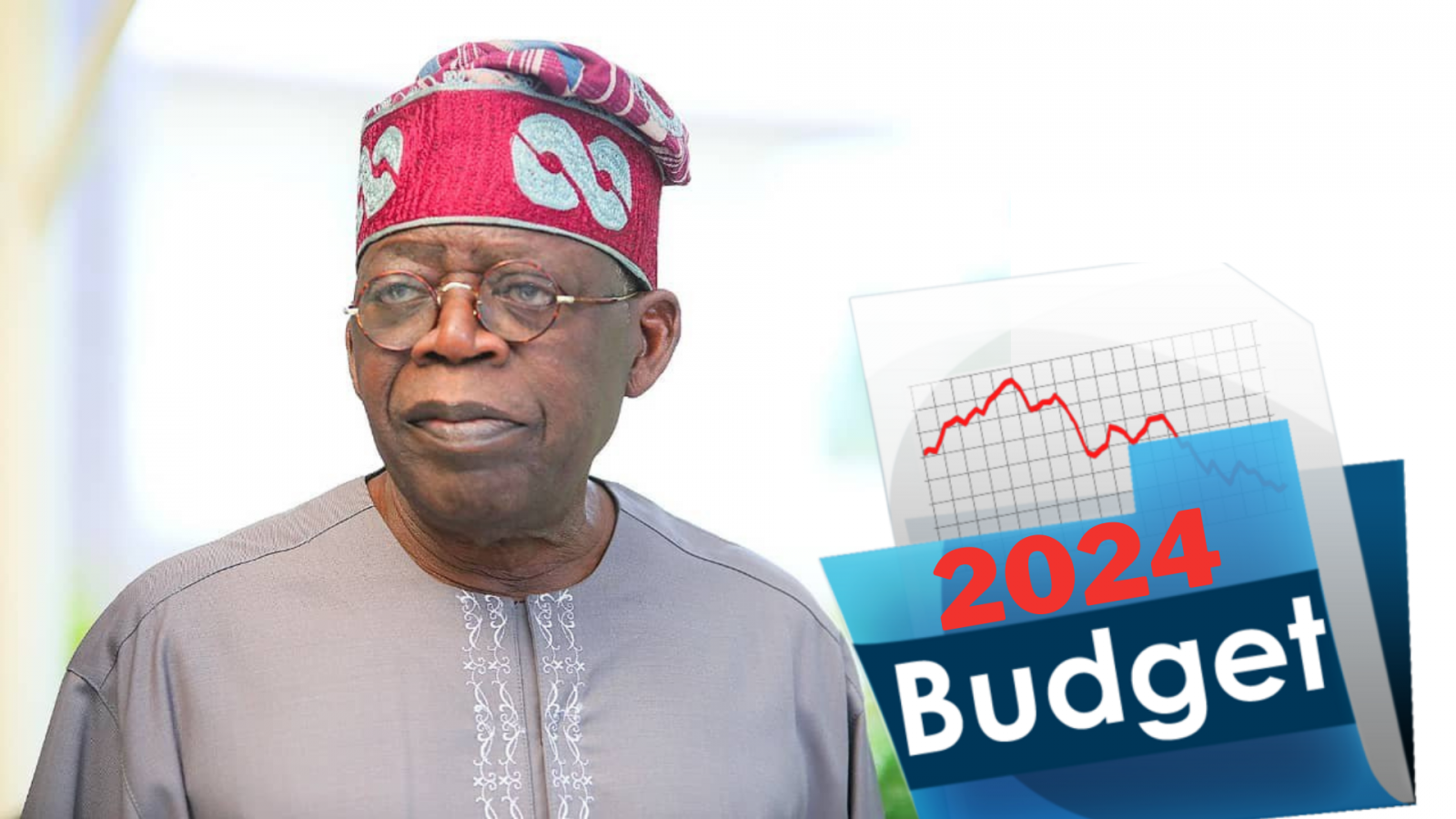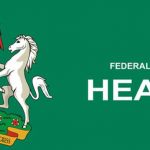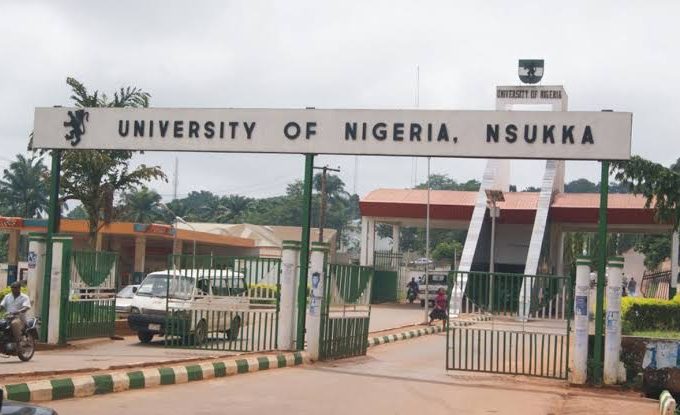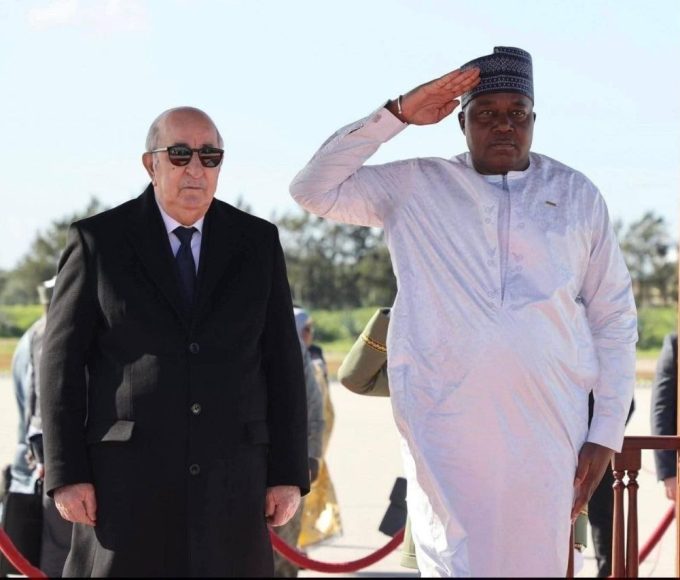
Tinubu Presents 27.5trn Budget To National Assembly

Amidst Nigeria’s rising debt profile, Tinubu presents a 27.5trn budget to the National Assembly in addition to the €100 million foreign loans ratified by the Buhari Government. The Annual Appropriation Bill (2024) covers a total sum of N27.5 trillion Naira total budget for the nation, with a targeted total revenue of N18.32 trillion Naira and a targeted total budget deficit of N9.1 trillion Naira. As a recall, on Wednesday, November 22nd, the National Assembly passed into law the 2024 – 2026 Medium Term Expenditure Framework (MTEF) and Fiscal Strategy Paper (FSP), which is a prelude to the presentation and the laying of the 2024 Appropriation Bill before the Joint Session of Nigeria’s Parliament.
It is worthy of note that Nigeria, as an oil-rich state, is projected to produce an estimated 1.78 million bpd at $73.96 per barrel in crude products by 2024. However, the possibility of achieving as projected falls on the capacity of the Nigerian National Petroleum Company Limited (NNPCL) to ensure the production and logistics process are monitored appropriately. At the same time, the Nigerian Airforce is tasked to tackle pipeline vandalism and illegal refinery of crude oil, which disrupts the expected output and income.
Many oil-rich states, unlike the United Arab Emirates, face one consistent problem which disrupts substantial revenues that crude oil could solve—poverty. Why many oil-producing countries are unable to solve the chronic poverty problem can be traced to corruption. In Nigeria, those who benefit greatly from oil are the government, the companies that refine it, and the region where the refining occurs. The question of creating jobs for the masses or, rather, the government pumping more money into the economy needs to be of public interest here. However, if the crude industry is largely government, companies or region-owned and controlled, where does this leave the masses? How does this help create roads, schools, and hospitals when Tinubu hopes to secure a whopping sum of N7.8 trillion in foreign loans? In 2021, the Human and Environmental Development Agenda (HEDA) Resource Center revealed that Nigeria has lost about $15 to $18 billion annually due to illicit financial flow (IFF).
The taxpayer’s naira which goes up in government spending needs to be addressed for any nation hoping to acquire substantial economic growth or power on a grand scale.
About The Author
Mayowa Durosinmi
author
M. Durosinmi is a West Africa Weekly investigative reporter covering Politics, Human Rights, Health, and Security in West Africa and the Sahel Region
Mayowa Durosinmi
M. Durosinmi is a West Africa Weekly investigative reporter covering Politics, Human Rights, Health, and Security in West Africa and the Sahel Region
Related Articles
Malian Army Says Dozens of Militants Killed in Airstrikes in Segou Region
Mali’s armed forces say they have killed about twenty suspected militants during...
ByWest Africa WeeklyFebruary 19, 2026Nigeria Approves 33 New Universities While Education Quality and Jobs Remain in Crisis
Nigeria has approved 33 new universities, bringing the total number of sanctioned...
ByWest Africa WeeklyFebruary 19, 2026Gabon Suspends Social Media “Until Further Notice” Amid Rising Unrest
Gabon’s media regulator has announced the suspension of social media platforms nationwide,...
ByWest Africa WeeklyFebruary 18, 2026Niger’s Tiani Visits Algeria in Bid to Strengthen Ties and Revive Key Projects
Abdourahamane Tiani, Niger’s head of state, is on an official visit to...
ByWest Africa WeeklyFebruary 18, 2026












Leave a comment